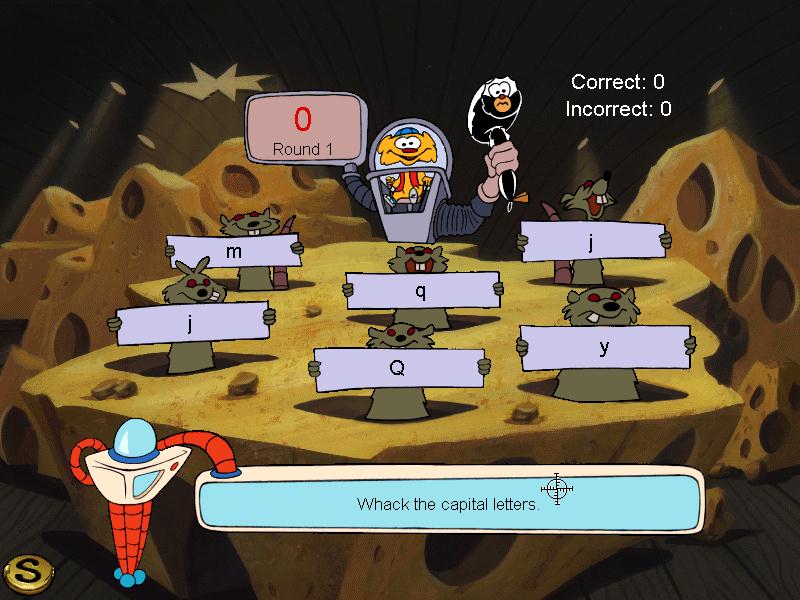
Gulliver 1710 Download
Novo Video Gulliver Atualizado: In English: Quer ganhar dinheiro com encurtadores de.
Jonathan Swift wrote “Gulliver’s Travels” and blistering satire on human nature. He’s relevant again. We’ll bring back Jonathan Swift. Anglo-Irish satirist Jonathan Swift, pictured in a 1710 portrait.
(Charles Jervas / Creative Commons) Jonathan Swift could wield satire like maybe no one else in the history of the English language. He put Gulliver in the land of the Lilliputians in “Gulliver’s Travels” and sent up the mean, absurd smallness of so much human nature. He put the bones of children in stewpots in “A Modest Proposal” and skewered human immorality. That essay, nearly 300 years old, still hurts to read today.
“I hate and detest the animal called man,” Swift wrote. And what made him? This hour On Point: a new biography shares the life and times and view of Jonathan Swift. -- Tom Ashbrook Guests, professor of literature at Harvard University. Author of the new book,.' Also author of ' and '.'
From Tom's Reading List — 'Although basically a traditionalist, he was in many ways ahead of his time. Thus he was all for the learning and writing of women (who were then forbidden the university); he was active in promoting the cause of Ireland, though he hated it; and he advocated religious tolerance despite his own firm Anglicanism. The contemporary medical stance to the contrary, he was a hearty practitioner of physical exercise, often traveling on foot or horseback rather than by the customary coach or sedan chair. He opposed slavery, which was generally — even by Daniel Defoe — approved of.'
— 'All Swift's satires were written in some invented first person – the clever economist with 'A Modest Proposal' to make the Irish eat their babies, the up‑to-date hack who narrates 'A Tale of a Tub,' gullible Gulliver, tumbling from pride to self-disgust; all were published anonymously. Swift is not 'there' in any of them. All the more reason for trying to find the author, whom none of us can quite detach from Gulliver in his final dark enlightenment, realising that he is but a Yahoo: sly, vicious and lecherous.'
— 'Much of Damrosch’s book is devoted to Swift’s political affiliations. He started out as a Whig, but switched to the Tories after that party’s leader, Robert Harley, seeking a propagandist and pamphleteer for his cause, flattered him with compliments and personal attention. Soon the upstart Swift was hobnobbing with England’s ruling class — until the Whigs, under Robert Walpole, regained power. While these post-Restoration political shifts and betrayals were of seismic importance in British history, 21st-century American readers are likely to find them tedious.' Read An Excerpt Of 'Jonathan Swift: His Life and His World' by Leo Damrosch.

'There was a woman with a in her breast, swelled to a monstrous size, full of holes, in two or three of which I could have easily crept, and covered my whole body. There was a fellow with a wen in his neck, larger than five woolpacks, and another with a couple of wooden legs, each about twenty foot high. But, the most hateful sight of all was the lice crawling on their clothes. I could see distinctly the limbs of these vermin with my naked eyes, much better than those of an European louse through a microscope, and their snouts with which they rooted like swine.'
'When I came to my own house, for which I was forced to enquire, one of the servants opening the door, I bent down to go in (like a goose under a gate) for fear of striking my head. My wife ran out to embrace me, but I stooped lower than her knees, thinking she could otherwise never be able to reach my mouth. My daughter kneeled to ask me blessing, but I could not see her till she arose, having been so long used to stand with my head an eyes erect to above sixty foot; and then I went to take her up with one hand, by the waist.  I looked down upon the servants and one or two friends who were in the house, as if they had been pygmies, and I a giant.'
I looked down upon the servants and one or two friends who were in the house, as if they had been pygmies, and I a giant.'
'Their heads were all reclined either to the right, or the left; one of their eyes turned inward, and the other directly up to the zenith. Their outward garments were adorned with the figures of suns, moons, and, interwoven with those of fiddles, flutes, harps, trumpets, guitars, harpsichords, and many more instruments of music, unknown to us in. I observed here and there many in the habit of servants, with a blown bladder fastened like a flail to the end of a short stick, which they carried in their hands. In each bladder was a small quantity of dried pease or little pebbles (as I was afterward informed).